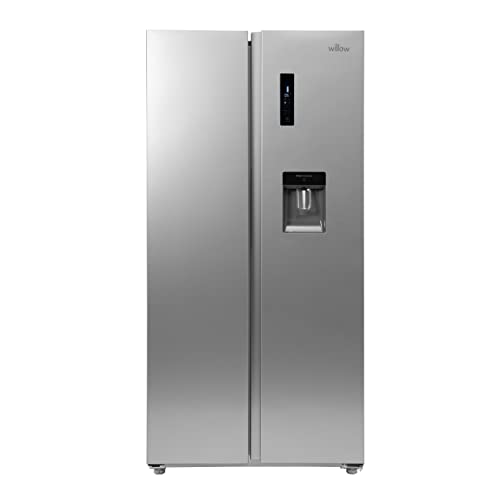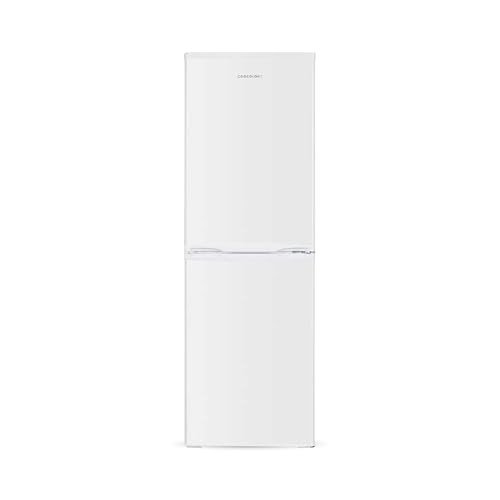
Refrigerators, frequently referred to as fridges, play an essential role in modern-day families by protecting food, decreasing waste, and preserving a comfy living environment. These vital kitchen area home appliances have actually progressed significantly for many years in terms of innovation, performance, and design. This short article aims to offer a comprehensive overview of the different types of refrigerators, their functions, and pointers for upkeep, making it an essential resource for homeowners.
Refrigerators can be found in various styles and configurations, each catering to different requirements and choices. Below is an introduction of the most typical kinds of refrigerators readily available on the market today.

| Kind of Refrigerator | Description |
|---|---|
| Top-Freezer | This is the traditional fridge design where the freezer compartment is found on top. It is typically the most economical choice, making it popular for budget-conscious customers. |
| Bottom-Freezer | In this design, the freezer is positioned at the bottom, enabling simple access to fresh items at eye level. This type frequently features pull-out drawers for much easier company. |
| Side-by-Side | This model has the freezer and refrigerator compartments arranged vertically next to each other. It offers simple access to both areas and frequently features water and ice dispensers. |
| French Door | Combining the benefits of a bottom-freezer style with large doors on the refrigerator section, French door fridges use adequate space and flexibility, making them ideal for large households. |
| Compact | Also called mini-fridges, these smaller units are best for dormitory, offices, or as secondary refrigerators in homes. They have restricted storage however are energy-efficient. |
| Smart Refrigerators | Equipped with clever technology, these fridges use functions such as touch screens, web connection, and app controls. They can offer notices for ended food and other smart performances. |
When choosing a refrigerator, it is necessary to think about different features that can enhance functionality and performance. Here are some crucial functions to try to find:
Energy Efficiency
Storage Options
Water and Ice Dispensers
Temperature level Control
Smart Features
Sound Levels
Correct upkeep can extend the life of a refrigerator and guarantee ideal performance. Here are some beneficial maintenance suggestions:
Regular Cleaning:
Temperature Settings:
Inspect Door Seals:
Defrost Regularly:
Condenser Coils:
Keep it Level:
1. For how long should a refrigerator last?Typically, a refrigerator can last anywhere from 10 to 20 years, depending on the brand name and upkeep practices.
2. How can I enhance the energy performance of my refrigerator?To enhance energy efficiency, keep the fridge's temperature settings optimum, routinely clean the condenser coils, and avoid putting hot food within.
3. What kind of refrigerator is best for little kitchens?Compact or counter-depth designs are ideal for little kitchen areas as they supply adequate storage without inhabiting too much space.
4. Are clever refrigerators worth the financial investment?Smart refrigerators can be worth the financial investment if you value benefit and innovation. They provide functionalities like stock management and remote access, which accommodate tech-savvy users.
5. How can I troubleshoot a refrigerator that is not cooling effectively?Start by examining the temperature level settings, ensuring the condenser coils are tidy, and validating that the door seals are intact. If these do not fix the problem, think about calling a professional specialist.
In conclusion, fridges are indispensable devices that play a vital function in preserving food and keeping a healthy lifestyle. With a range of types and functions available, it is vital for consumers to choose a model that aligns with their particular requirements. By comprehending the options and sticking to maintenance best practices, house owners can enjoy the advantages of their refrigerators for several years to come.
No Data Found!

